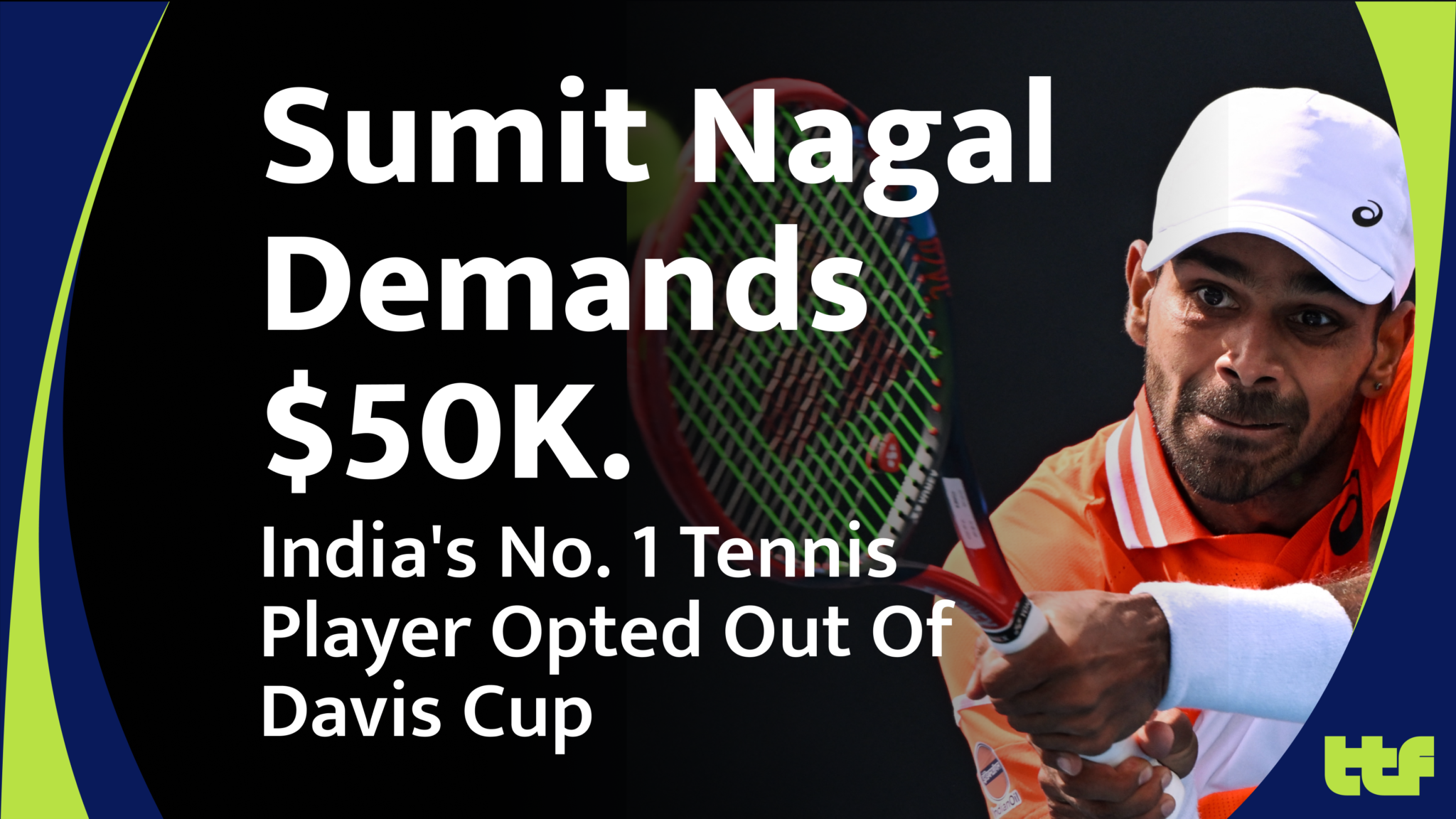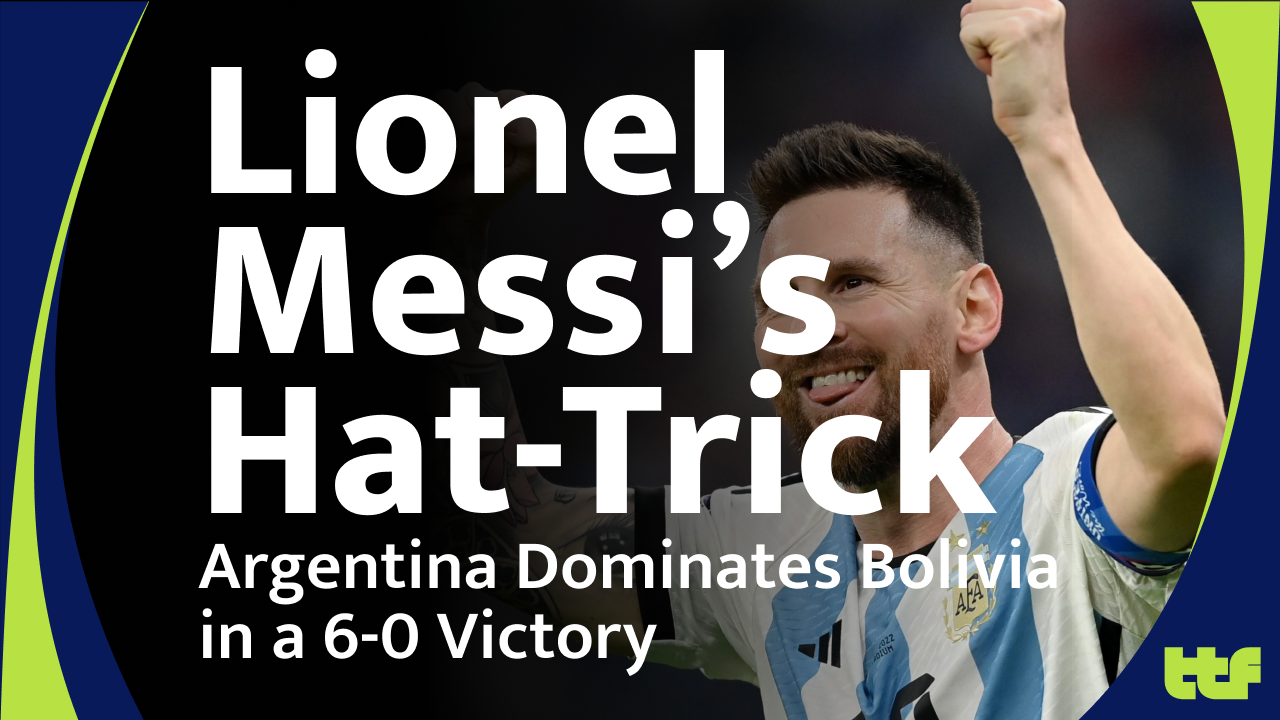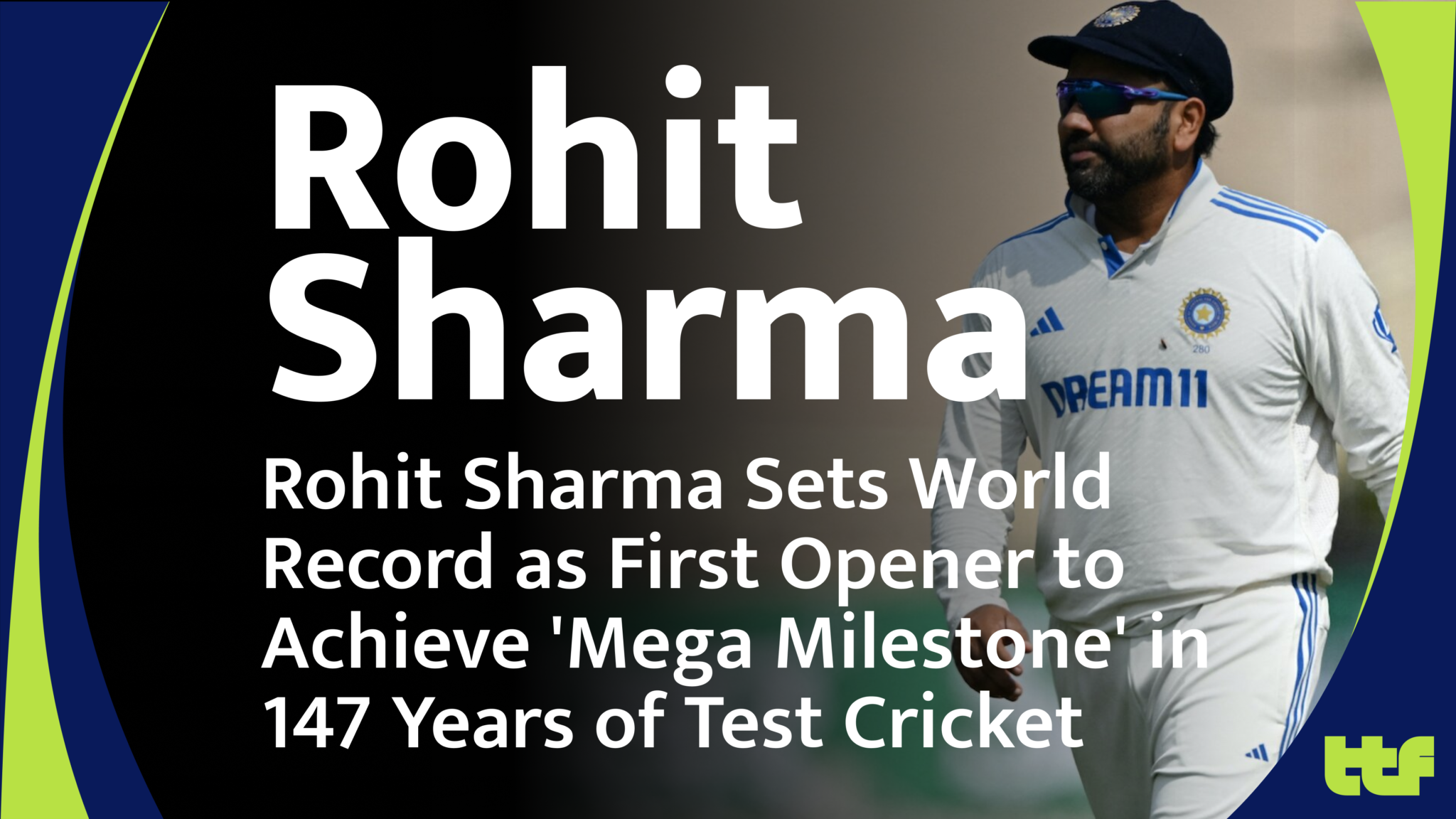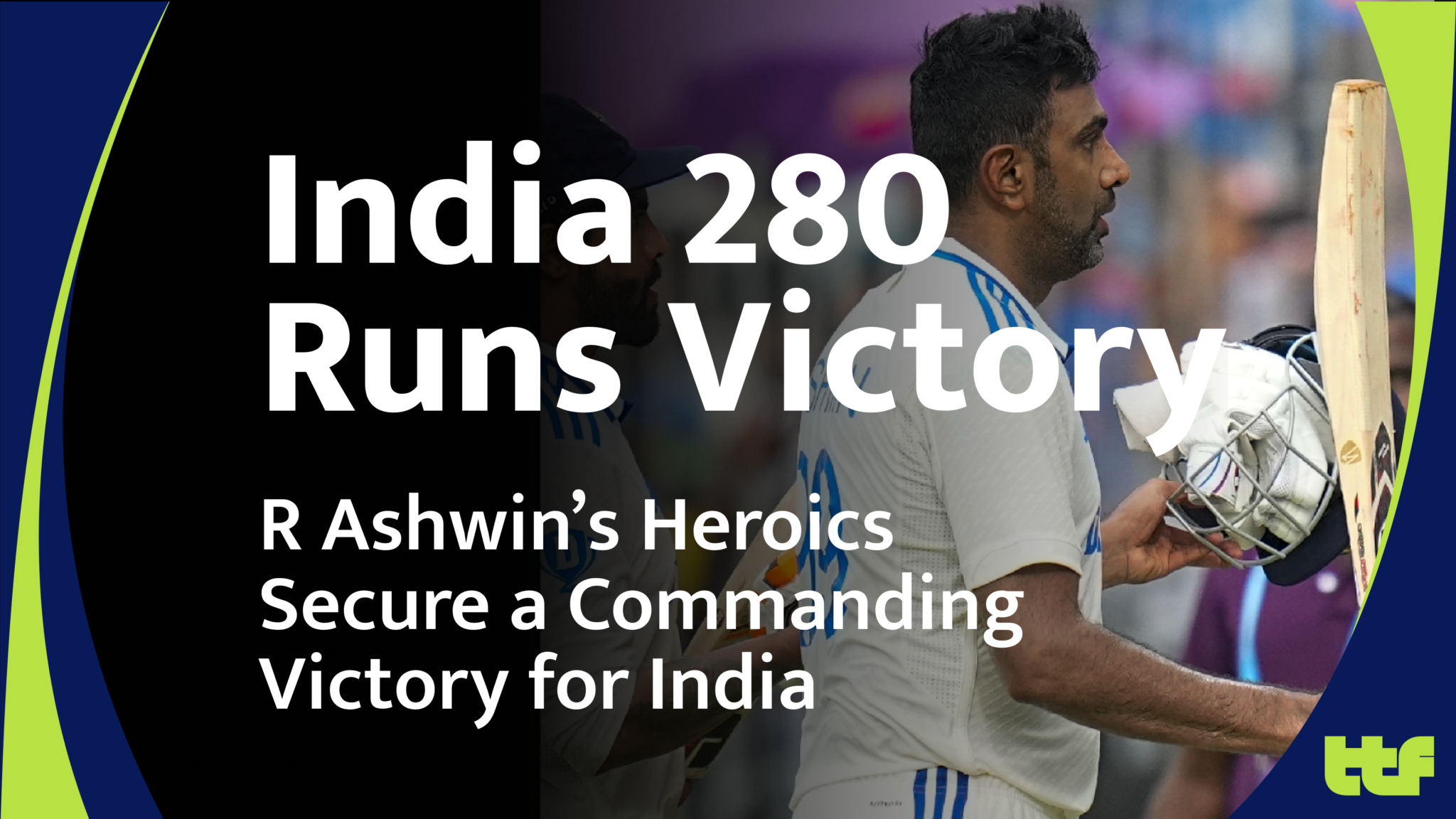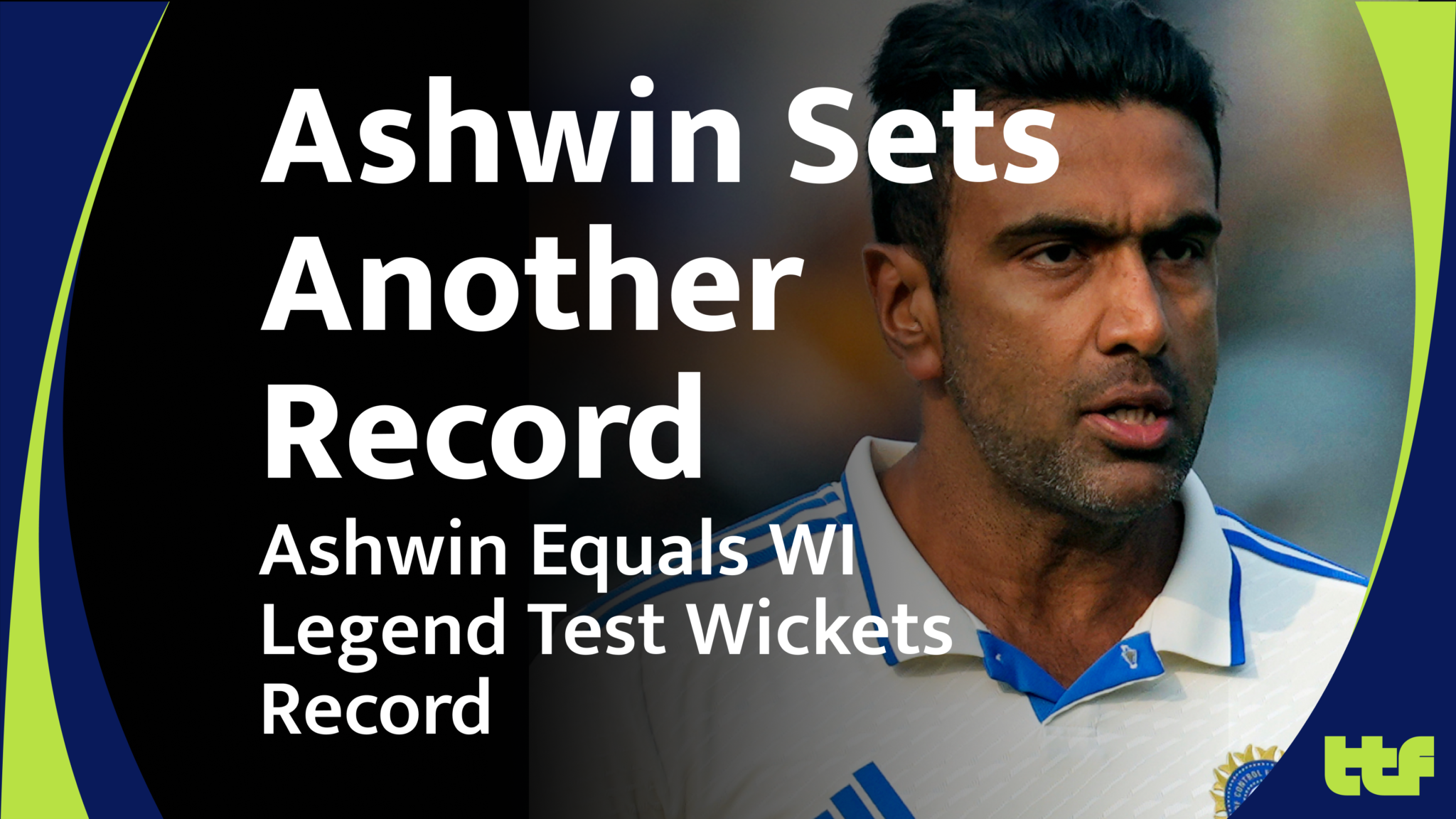India’s leading tennis player, Sumit Nagal, recently found himself at the center of a heated debate when the All India Tennis Association (AITA) claimed that he demanded an annual fee of USD 50,000 to represent India in Davis Cup ties. This revelation has sparked widespread discussion among sports enthusiasts, with opinions divided on whether such compensation demands are justified. This blog delves into the nuances of this controversy, exploring both the arguments for and against the practice of compensating athletes for national representation.
The Background: Why Sumit Nagal Demanded Compensation
Sumit Nagal, currently ranked as India’s top singles player, opted out of the recent Davis Cup tie against Sweden, citing a back strain. The same injury also forced him to withdraw from the US Open men’s doubles competition. While this could have been a straightforward issue of player fitness, the AITA’s revelation that Nagal demanded $50,000 annually to play in the Davis Cup has added a new dimension to the controversy. Nagal defended his position by stating that it is a “standard practice” for athletes to be compensated for their services, even when representing their country.
Understanding the AITA’s Stance
The AITA has expressed its displeasure over Nagal’s demand, especially since other top players like Yuki Bhambri and Sasikumar Mukund also refused national duty for the same tournament. The association emphasized that the players already receive a share of the prize money from the International Tennis Federation (ITF) for participating in the Davis Cup. For a World Group I tie, the AITA receives around Rs 30 lakh, 70% of which is distributed among the participating players. The remaining 30% is retained by the federation for administrative expenses. The AITA argued that demanding additional money over and above the ITF prize money sets a concerning precedent.
Sumit Nagal’s Defense: Professionalism in Sports
Nagal did not deny the AITA’s claim but defended his stance on social media. He emphasized that in professional sports, it is common practice for athletes to be compensated for their participation, regardless of the event. He clarified that his demand was not about personal gain but about ensuring fair compensation for professional athletes. Nagal also mentioned that he had informed the AITA about his inability to participate in the Davis Cup well in advance due to his injury.
The Broader Perspective: Is Compensation Justified?
The controversy brings to light a larger issue prevalent in many sports: the need for adequate financial support for athletes. Unlike cricket, where players are often well-compensated and receive lucrative contracts, tennis players in India, including those at the top, often struggle with financial constraints. Nagal himself has previously stated that he lacked the funds to compete professionally. In this context, his demand for compensation can be seen as a call for a more sustainable financial model for Indian tennis players.
AITA’s Response and the Aftermath
The AITA, while initially reluctant, was reportedly willing to negotiate Nagal’s demand. However, before an agreement could be reached, Nagal withdrew from the Davis Cup tie, citing his ongoing injury. This move has been criticized by the AITA, which questioned how Nagal was fit enough to play at the ATP 250 Hangzhou Open soon after withdrawing from the Davis Cup. The AITA has expressed frustration over what it perceives as a lack of commitment from top players.
The Way Forward: Balancing National Pride and Professionalism
The debate over compensation for national representation is not new. In many sports, including cricket and football, athletes are compensated well for their participation in national events. Tennis, however, has lagged behind in this regard. For Indian tennis to thrive on the global stage, there needs to be a system in place that supports players financially while ensuring that they prioritize national duty. This could involve contracts, like those given to cricketers, or a more structured support system that alleviates the financial burden on players.
Conclusion: A Call for Constructive Dialogue
Sumit Nagal’s demand for a $50,000 annual fee to play in the Davis Cup has ignited a debate that goes beyond one player or one sport. It raises important questions about the financial stability of athletes representing India and the support structures in place for them. While opinions may differ, one thing is clear: a constructive dialogue between players, associations, and governing bodies is essential to find a solution that benefits both the athletes and the nation they represent.
